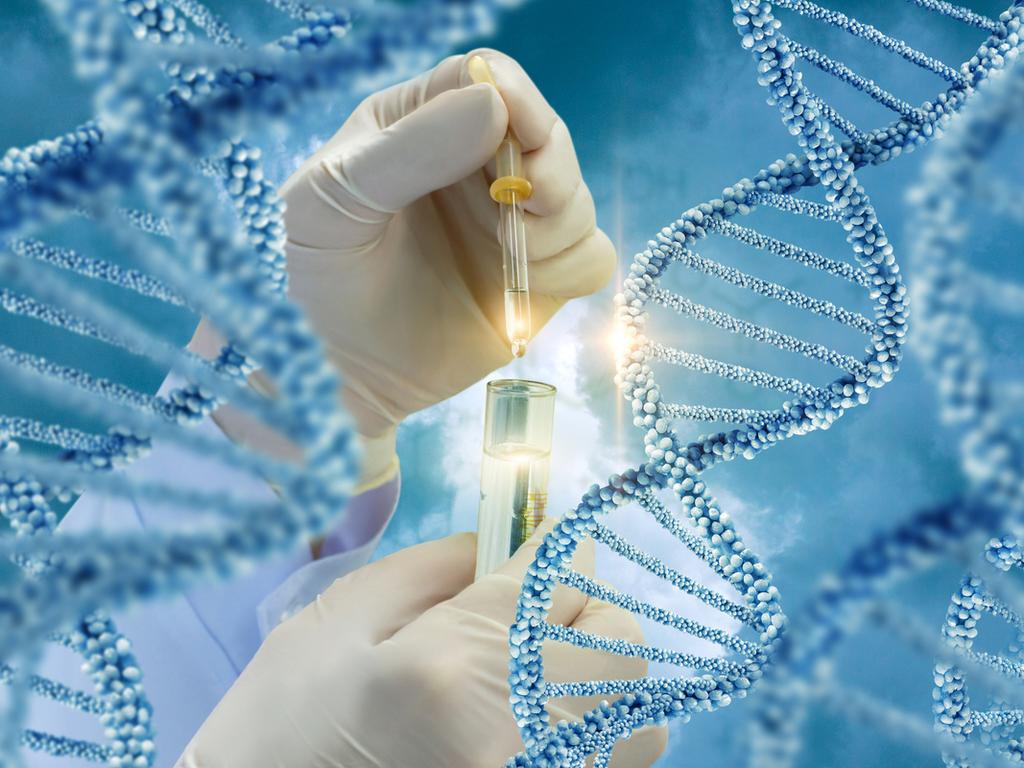Genetic health warnings approved, despite insurer discrimination
Should a doctor tell you if your relative has a genetic mutation that leads to cancer? New advice on privacy says yes, despite doctors’ fears about patient confidentiality. But the government has still not ensured insurance protection.

Doctors will be able to share lifesaving genetic data with the families of their patients without fear of repercussions, despite long-held fears the information will impinge on privacy.
The Office of the Australian Information Commissioner has released new advice to doctors that they can contact relatives who may be at risk of heritable conditions based on patient genetic screening results.
The change comes after public health legal adviser Jane Tiller said she was concerned doctors were holding off on alerting members of the public for fear of breaching their rights.
Dr Tiller told The Australian patients who get the genetic data may still resist testing for the conditions themselves, given Australian life insurers can legally refuse coverage or lift insurance rates based on genetic information.
The Albanese government pledged last September to make such insurance practices illegal;

The promised Labor changes would ban life insurers from accessing the genetic screening results of prospective customers.
But Treasury documents indicated it slipped from the government’s agenda in a pre-election backlog of Labor bills, and the responsible minister, Stephen Jones, subsequently retired from federal parliament.
“We’re very conscious of the fact that genetic information can be misused,” Dr Tiller said.
“That’s why I’m so passionate about getting the genetic discrimination protections in place, because there are specific harms that can come from access to genetic information if we don’t have protections. That doesn’t mean that we should completely sit on our hands when it comes to the sharing of genetic information that is for a public health benefit.
“Sometimes that fear of sharing genetic information and privacy goes so far that we’re willing to let someone continue on in complete ignorance of their genetic risk rather than weigh those things up and say it’s better that that person is … given some information to allow them to choose.”
Dr Tiller said proactive warnings would help catch cases of cancer and heart disease, along with other heritable conditions, before they became symptomatic.
“Where this really comes home to roost is in situations where someone has ovarian cancer, they’re tested and a BRCA mutation is found, but they don’t pass that information on to their relatives,” she said. “Maybe they’re not in touch, maybe they’re in the middle of cancer treatment and it’s too much to think about.
“Then a year later, their sister also has ovarian cancer. It could have been prevented and their sister dies. It’s actual lifesaving information that we want to share.”
A proactive health warning, known as cascade testing, is common practice for communicable diseases – like the Covid exposure notifications provided in the pandemic. But doctors were more nervous about sharing potential genetic information, Dr Tiller said.
“Clinicians, when I talk to them about this, will say ‘no, I can’t do that, it’s a breach of privacy of the relative, they never consented to receive a letter’,” Dr Tiller said.
“They’re not lawyers. They haven’t read the Privacy Act. It’s a general sense that you shouldn’t do things that breach privacy because patient confidentiality and privacy are cornerstones of their medical practice.

“Even though when you pick it apart here, you’re not actually telling someone about their genetic information, you’re telling them that there’s a possibility.”
Responsibility for the genetic discrimination ban has fallen to newly appointed Assistant Treasurer Daniel Mulino.
“The government remains committed to introducing a total ban on the use of adverse genetic test results in life insurance,” a spokesperson for Mr Mulino said.
“A consultation paper on the proposed design of the measure was released earlier this year. Analysis of submissions received in response to that consultation is ongoing.”
Genetic tests can give insight into an individual’s probability of developing certain diseases. It is largely unlawful to discriminate based on information in these tests, with risk-rated life insurance being the only caveat.
Despite life insurers holding themselves to a partial prohibition on the practice since July 2019, insurance discrimination remains the largest factor in why patients avoid testing.
Australian Genomics Commissioner Tiffany Boughtwood said the updated advice on genetic risk disclosure would “support the health workforce to deliver high-quality, appropriate genomics-informed healthcare”.




To join the conversation, please log in. Don't have an account? Register
Join the conversation, you are commenting as Logout